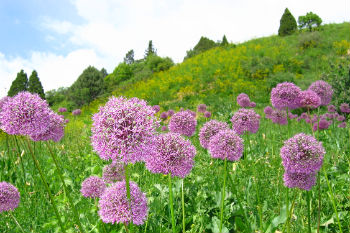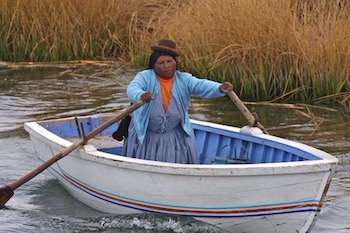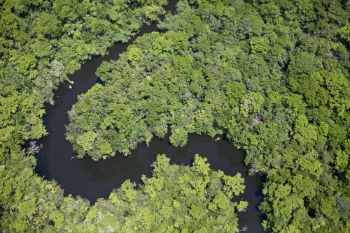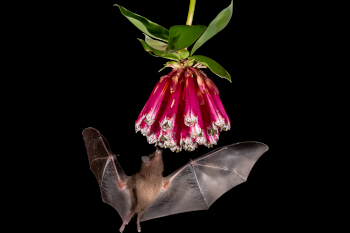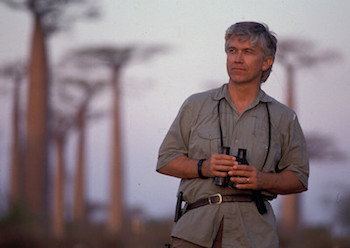Main menu
CEPF is a joint initiative of l’Agence Française de Développement, Conservation International, the European Union, Fondation Hans Wilsdorf, the Global Environment Facility, the Government of Canada, the Government of Japan and the World Bank. A fundamental goal is to ensure civil society is engaged in biodiversity conservation.
Visitez le site français コア情報の日本語翻訳を読むOr use Google Translate to translate the English site to your language:
GTranslate
Pioneer of Biodiversity Hotspots in Conservation Honored With Indianapolis Prize
29 September 2018
29 September 2018
Renowned conservation leader Russell Mittermeier was celebrated as one of the 2018 recipients of the Indianapolis Prize during a gala in Indianapolis, Indiana, on 29 September. Every two years, the Indianapolis Prize is awarded to an animal conservationist who has made a significant positive influence on wildlife conservation.
Among his many accomplishments, Mittermeier pioneered the use of the concept of “biodiversity hotspots”—Earth's most biologically diverse yet threatened land areas—for strategic conservation, an approach that laid the foundation for CEPF’s work.
“Russ’ impact on biodiversity cannot be overstated,” said CEPF Executive Director Olivier Langrand, a long-time colleague of Mittermeier who will attend the celebration. “His ceaseless efforts have resulted in the protection of hundreds of species and millions of hectares of vital ecosystems, not to mention his extensive contributions to conservation science.”
Mittermeier has worked in conservation for 45 years. He served as president of Conservation International, one of CEPF’s global donors, from 1989 to 2014. Today he acts as chief conservation officer for Global Wildlife Conservation. He has served as the chair for the International Union for the Conservation of Nature (IUCN) Species Survival Commission’s Primate Specialist Group, a role he has filled for more than 40 years. He also has been involved in the description of more than 20 animal species new to science.
During his acceptance speech, Mittermeier highlighted the importance of biodiversity hotspots. "More than 50 percent of all plants and more than 40 percent of all mammals, birds, reptiles and amphibians [are found] in just 2 percent of the land surface of the planet," he said. "So just looking at those numbers, I think you can understand why I’ve spent so much of my time and effort over the past half a century focused on [biodiversity hotspots]."
- Learn more about Mittermeier and watch his acceptance speech.
- Learn more about the Indianapolis Prize.
